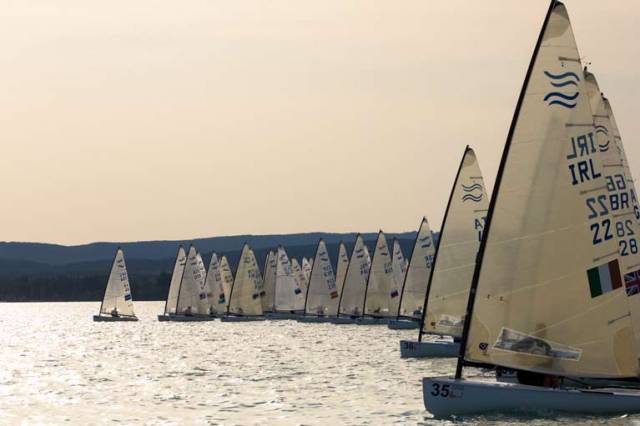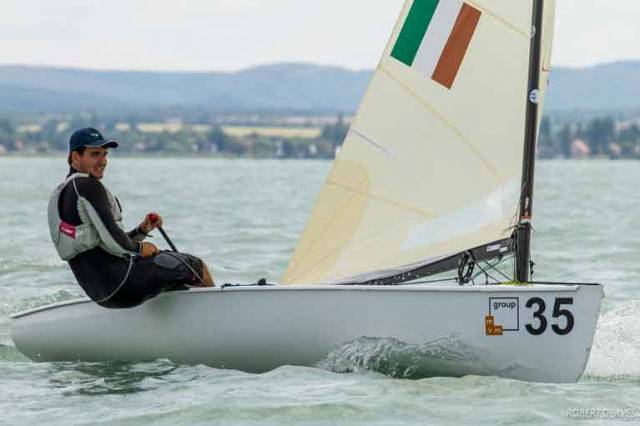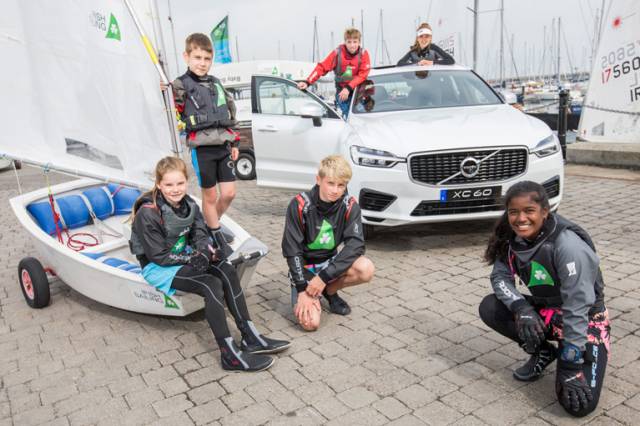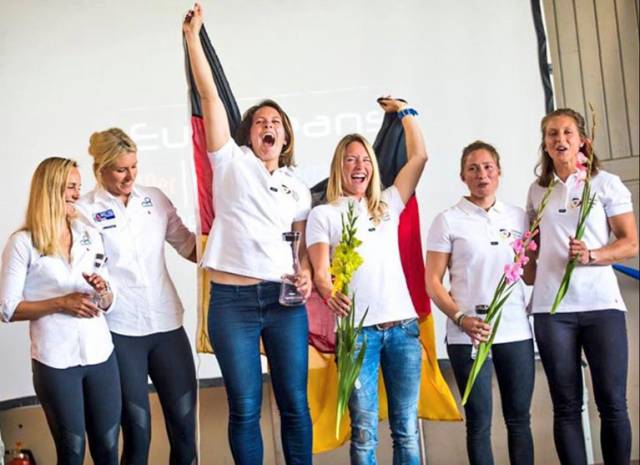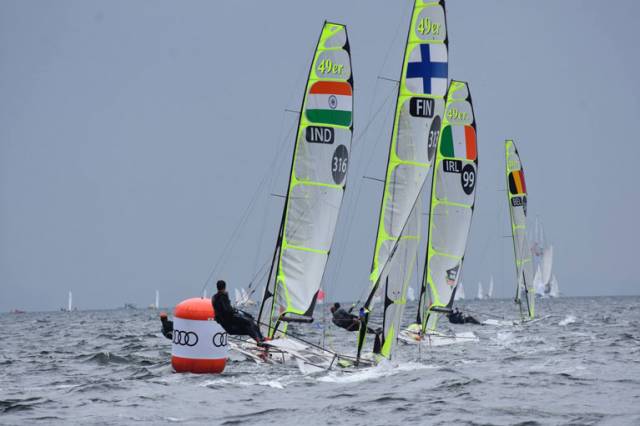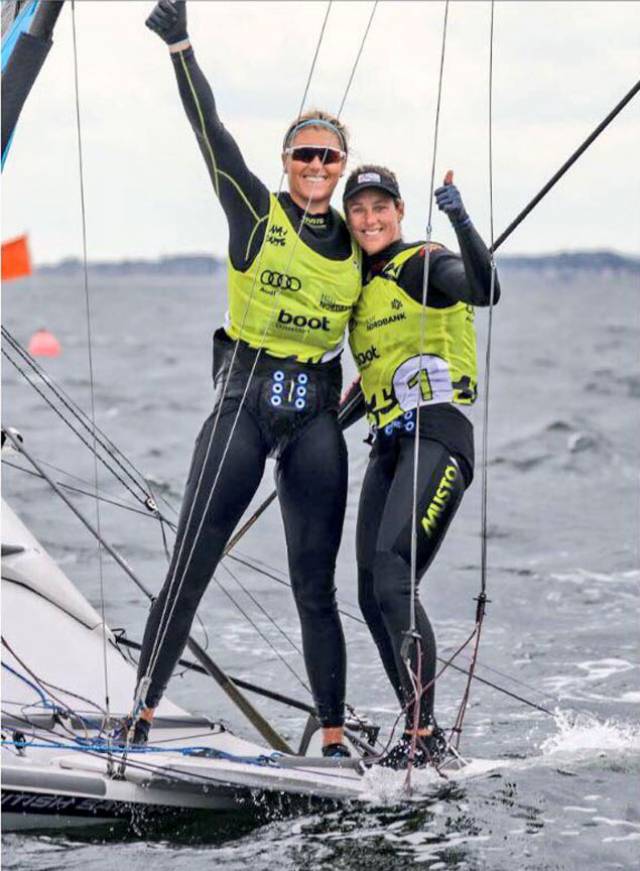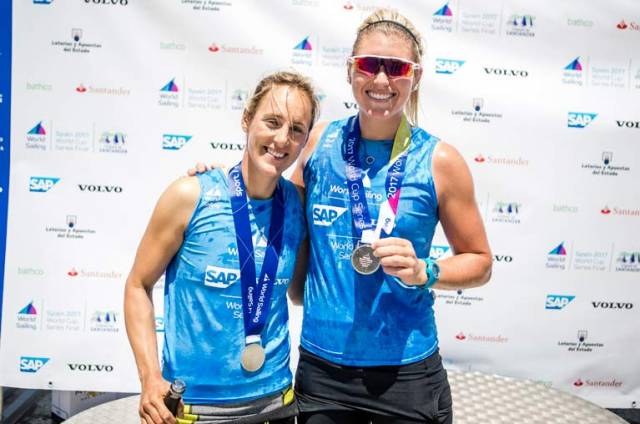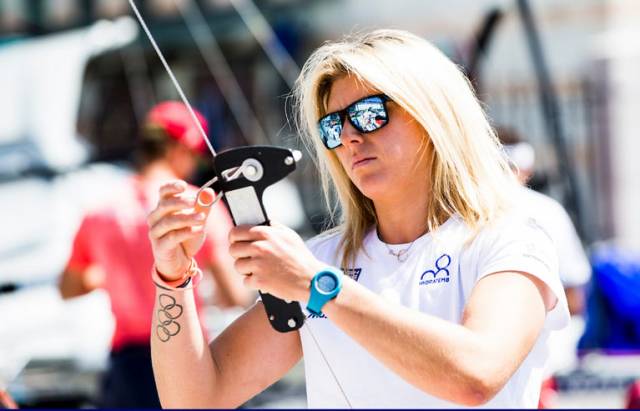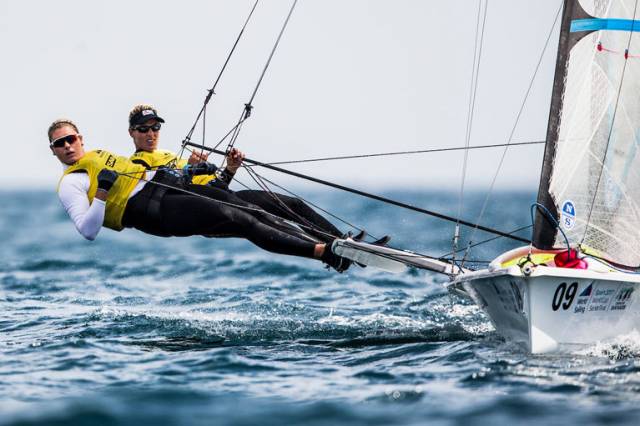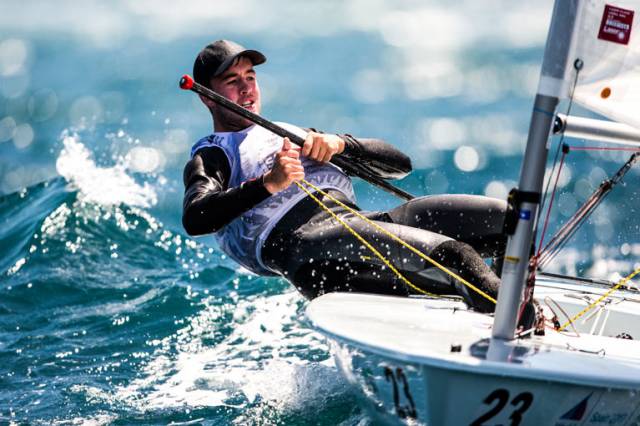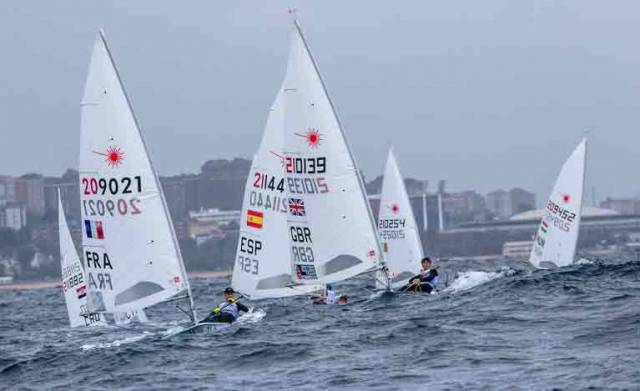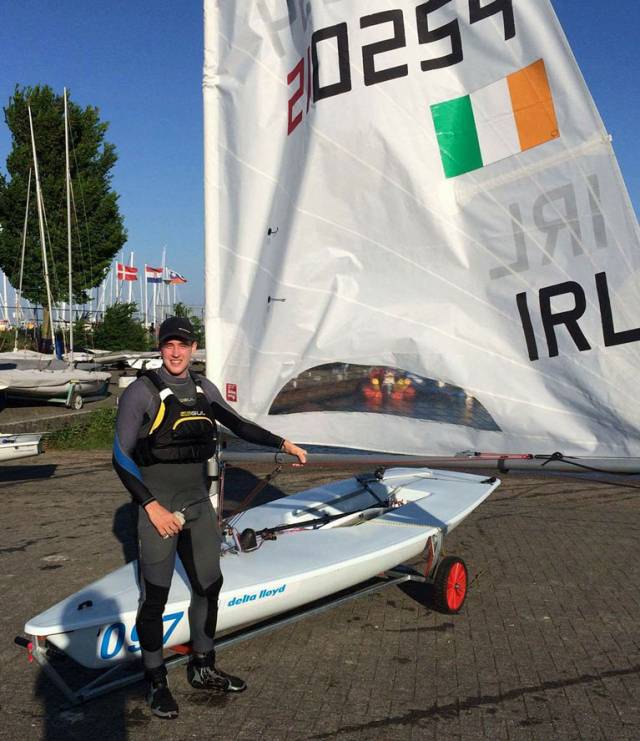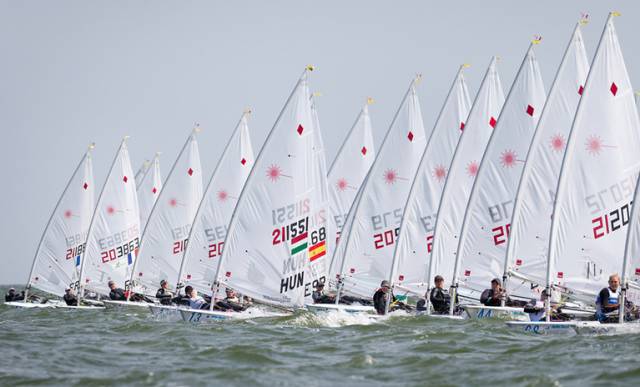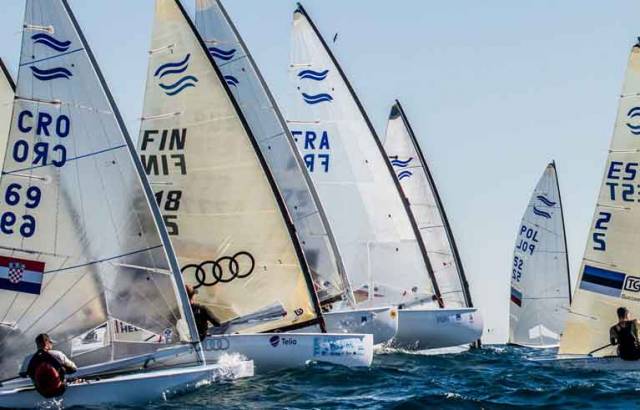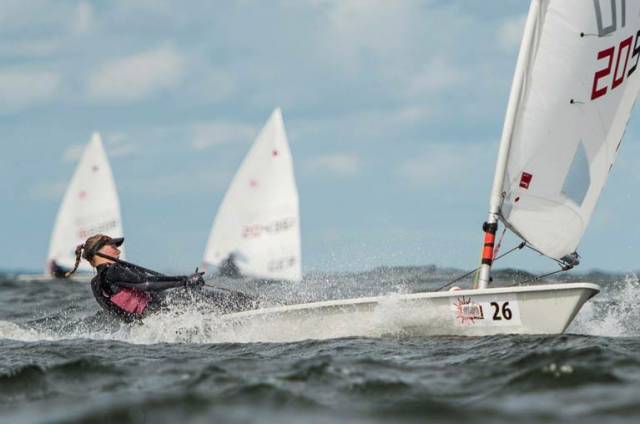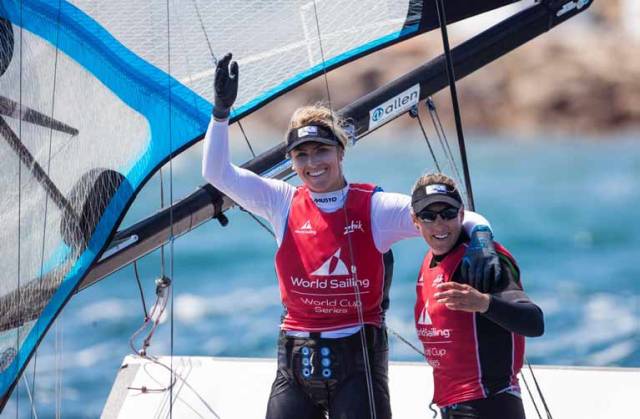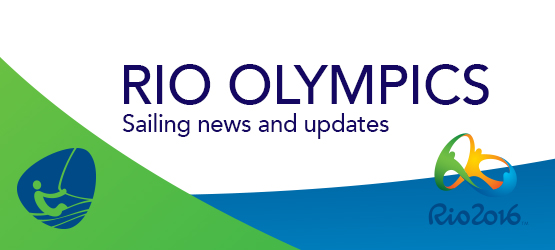The ethos of the Performance Pathway is progression. At each stage international performance benchmarks are utilised to ensure the sailors are meeting expectations set. The size of a sailor will generally dictate which boat they sail. The classes selected on the pathway have been identified as the best feeder classes for progression. Currently the Irish Sailing Performance Pathway consists of the following groups: * Pathway (U15) Optimist and Topper * Youth Academy (U19) Laser 4.7, Laser Radial and 420 * Development Academy (U23) Laser, Laser Radial, 49er, 49erFX * Team IRL (direct-funded athletes) Laser, Laser Radial, 49er, 49erFX
